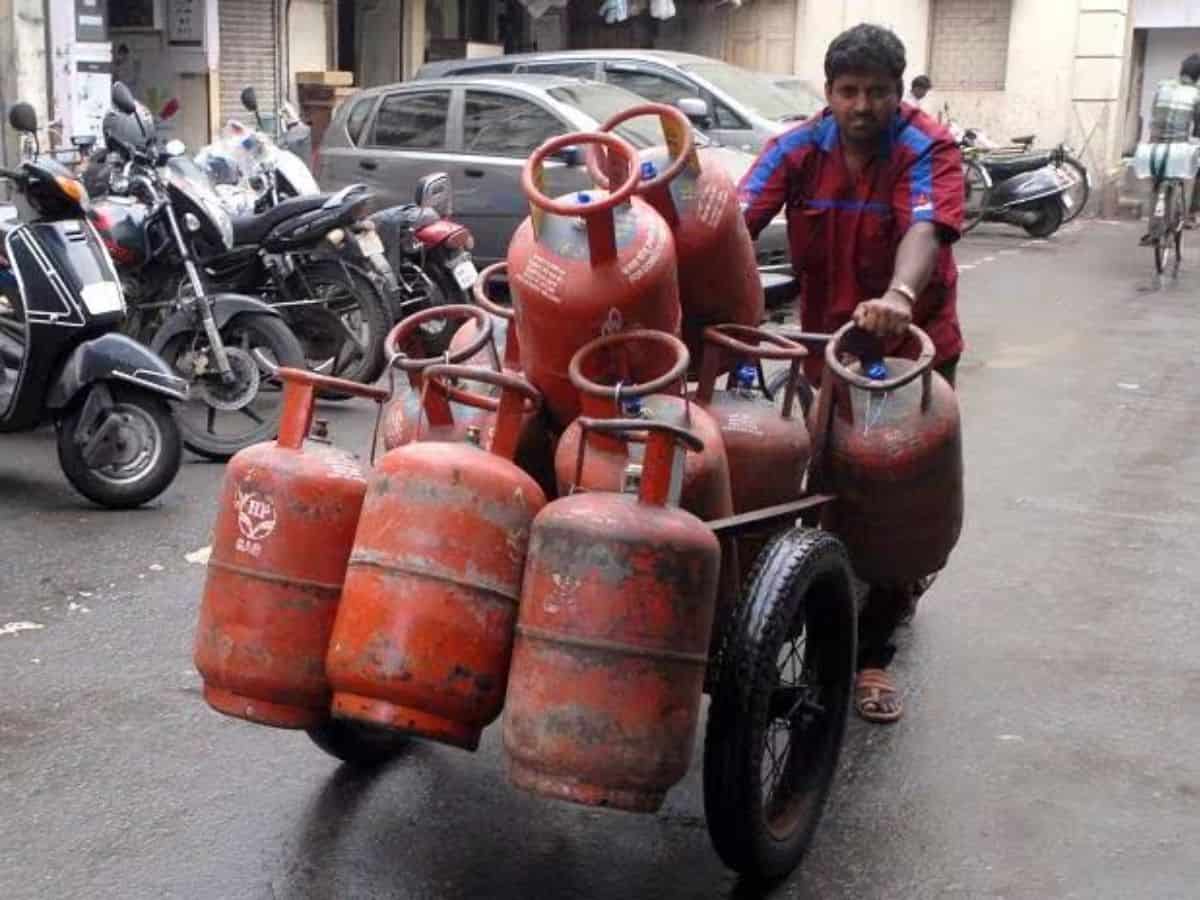
New Delhi: The domestic cooking gas LPG price on Monday, April 7, was hiked by a steep Rs 50 per cylinder across India and CNG by Re 1 per kg, while the government raised taxes on petrol and diesel to shore up its revenues.
The increase in cooking gas price will be for the Ujjawala – poor beneficiaries who got LPG connection free of cost – and general users, and will be effective from April 8 and has been necessitated due to the rise in input cost, Oil Minister Hardeep Singh Puri said.
Cooking gas for Ujjawala users will cost Rs 553 per 14.2-kg cylinder from the current Rs 503 in the national capital. The same for general users will now cost Rs 853.
The rates, which vary from state to state depending on local incidence of taxes, were last revised in March last year when they were cut by Rs 100.
Also, CNG prices were hiked by Re 1 per kg in the national capital and adjoining cities after the government last week raised input natural gas prices by almost 4 per cent.
CNG in the national capital will cost Rs 75.09 per kg, Indraprastha Gas Ltd – the city gas retailer – said in a post on X.
This follows the price of input natural gas being hiked from USD 6.50 per million British thermal units to USD 6.75 from April 1.
Union Oil Minister Hardeep Singh Puri defended the move, saying oil companies had been incurring losses on LPG sales, and the increase in retail price will be used to make up for that. “At current prices, the cost of cooking per day using LPG for Ujjawala households is around Rs 6.10 and that for general users is Rs 14.58, which is reasonable,” Puri noted.
The rates, he said, will be reviewed every month, and any softening will be passed on to consumers.
The Rs 50 per cylinder hike will only cover the future cost and for the past cost, the oil ministry will seek budgetary support from the finance ministry.
The additional accruals from the excise duty hike can be used to compensate the oil companies for their losses, he said.
“It is our commitment to make good their losses.”




